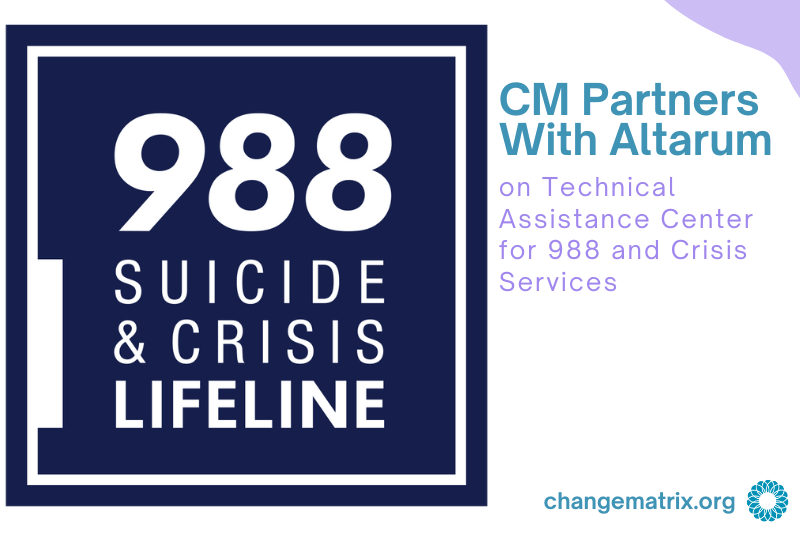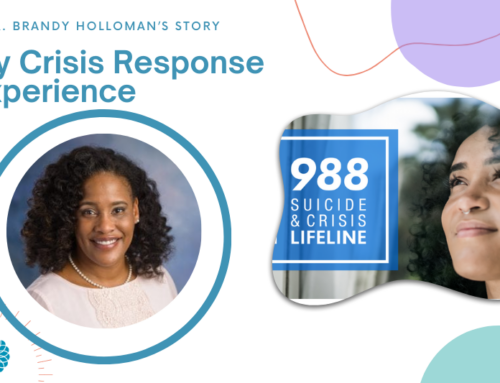In 2020, Congress designated the new 988 dialing code to be operated through the existing National Suicide Prevention Lifeline. The Substance Abuse and Mental Health Services Administration (SAMHSA) is the lead federal agency, in partnership with the Federal Communications Commission and the Veterans Administration, working to make the promise of 988 a reality for America. Moving to a 3-digit dialing code is a once-in-a-lifetime opportunity to strengthen and expand the National Suicide Prevention Lifeline to become the 988 Suicide and Crisis Lifeline. Of course, 988 is more than just an easier-to-remember number — it’s a direct connection to compassionate, accessible care and support for all Americans who might be experiencing suicidal thoughts, who are at risk of suicide, or who are struggling with emotional distress. Preparing for full 988 implementation and operational readiness requires a bold vision for a crisis care system that provides direct, life-saving services to all in need.
To help implement 988 and transform broader crisis services, SAMHSA has established a 988 & Behavioral Health Crisis Coordinating Office within the office of the Assistant Secretary for Mental Health and Substance Use. The Office drives 988 planning across government and with public and private stakeholders. This includes staffing and technical assistance to states and crisis centers; performance management, evaluation, and oversight; and program funds for partnerships, convenings, and cross-entity coordination. To assist with this, Change Matrix (CM) has partnered with Altarum to support the new National Training and Technical Assistance Center for 988 and Crisis Services (Crisis TTAC).
The goal of the Crisis TTAC is to provide training and technical assistance support to federal grantees, states, territories, tribal nations, tribal organizations, urban Indian health organizations, crisis centers, behavioral health provider organizations, health systems, and first responder partners in the following areas:
- Implementation of crisis services and the integration of mental health and substance use crisis service needs
- Utilization and integration of evidence-based and evidence-informed practices, including services that are culturally responsive
- Sustainability and alignment of practices that address key drivers of crisis system advancement, including workforce, financing, technology, and data
- Applying an equity frame in the design and evaluation of crisis systems of care
The Crisis TTAC will ensure that SAMHSA, grantees, and other key partners are effective and successful in building sustainable, comprehensive, responsive, accessible, and equitable crisis care systems.
Given CM’s history and passion for mental health and public health work, partnering on the Crisis TTAC felt like a perfect fit. Led by Founding Partner Elizabeth Waetzig, JD, the CM Team will support this work through training and technical assistance, evaluation, coordination, strategic planning, and so much more! Change Matrix is thrilled to support the vital work of providing culturally responsive suicide prevention and crisis care to the U.S.








